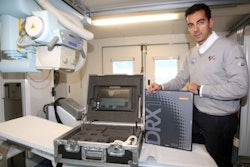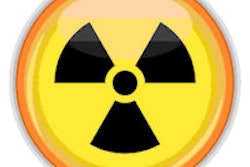Dear AuntMinnieEurope Member,
The so-called Brexit vote takes place next Thursday, and the result looks set to be extremely close, if the pollsters and experts are to be believed. If a majority of the U.K. electorate decides to leave the European Union, the implications for the entire continent will be profound for many years to come.
We asked our new market columnist Stephen Holloway to speculate on the effects of Brexit on the medical imaging sector. His analysis and crystal-ball gazing are worth a read. You can do so by clicking here.
The heavy workloads of radiology staff mean that increasing numbers of errors are inevitable. Or are they? One group of researchers has found that a robust quality management system can have a positive impact. Find out more in the PACS Community, or by clicking here.
National diagnostic reference levels (DRLs) play a valuable role when it comes to optimizing technical standards for scanning, but some countries have lagged behind in implementing them. Russia is one of the late adopters, but a new study involving CT use at a large hospital in Moscow promises to change this situation. Furthermore, the incoming president of the Russian Society of Radiology, Dr. Valentin Sinitsyn, has pledged his support for the introduction of DRLs. Visit our CT Community, or click here.
Meanwhile, Swiss researchers have tested a new protocol for low-dose CT screening that reduces radiation dose to nearly the level of a chest x-ray -- a reduction that should lower the risk of a patient developing cancer from the scans in the future. Get the story here.
This is the time of year when the global imaging community begins to think about the RSNA meeting. To get the latest information on the annual blockbuster event in Chicago, click here.



















